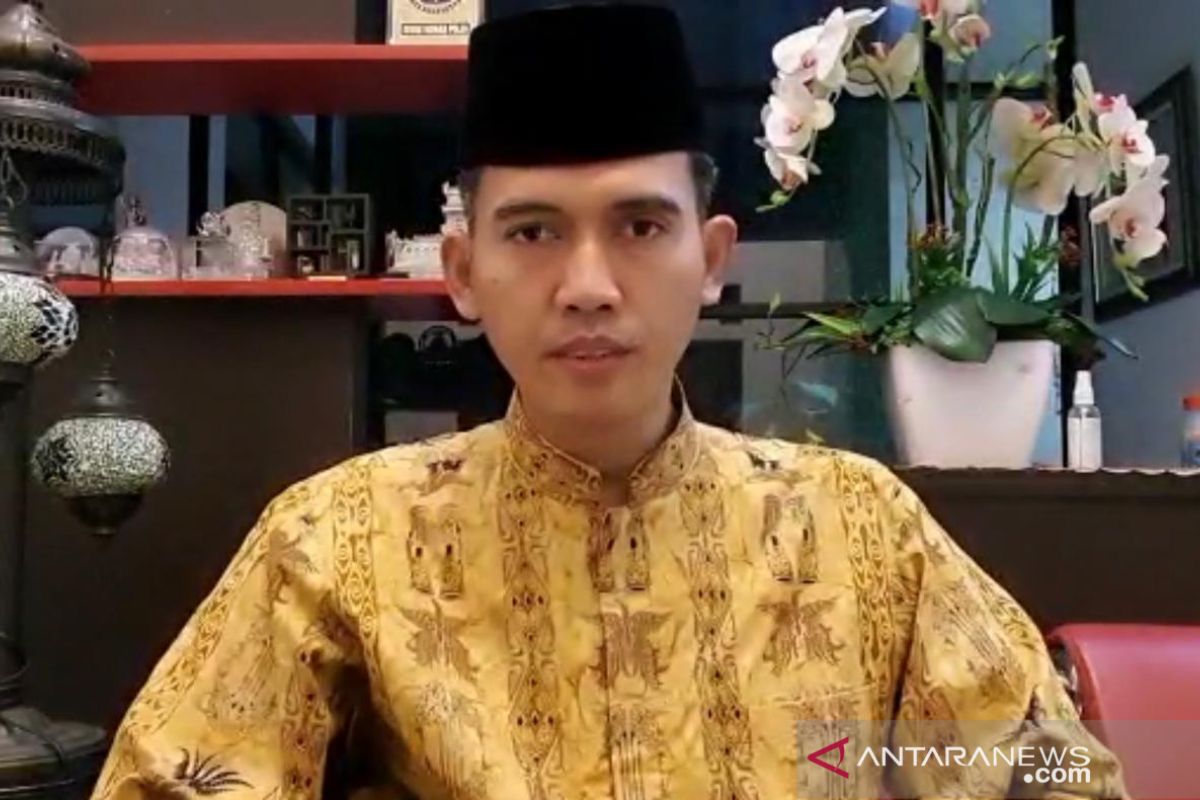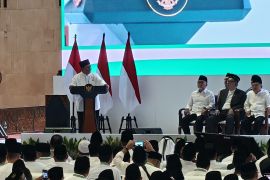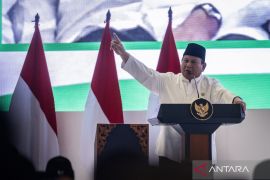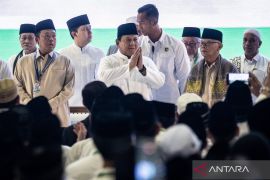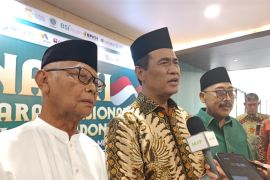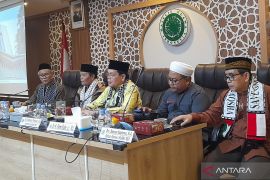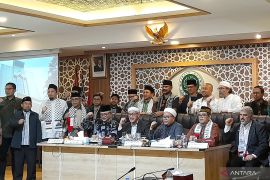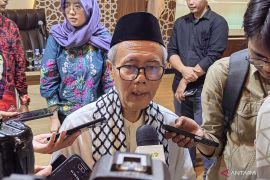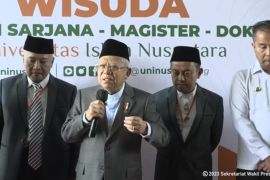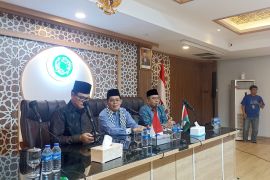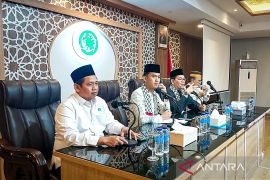"The COVID-19 outbreak will not prevent people from worshiping. The implementation of Eid al-Adha must be adapted to the latest situation and conditions," he urged in Jakarta on Friday.
Muslims have an obligation to continue to perform religious activities as part of upholding their religion, Sholeh explained.
However, they must ensure their own safety as well as the safety of others, he stressed.
"With the government establishing the emergency public activity restrictions (PPKM) in Java, Bali and several cities in Indonesia, the implementation of worship activities must be adjusted," he said.
The takbiran, which involves chanting Allahu Akbar (God is great), is traditionally held on the eve of Eid al-Adha at mosques and on the streets, with attendance reaching tens to hundreds of people, he noted.
During the emergency PPKM, the takbiran will need to be carried out at home or in private areas to prevent transmission of COVID-19, Sholeh said.
Eid al-Adha prayers can be performed at home in congregation with family members or individually, he added.
Residents who wish to perform qurban (animal sacrifice) for Eid-al-Adha can visit slaughterhouses (RPH) to avoid crowds during the ritual, he suggested.
"People should optimize the qurban meat distribution for the benefit of our brothers and sisters who really need it, especially those who are in self-isolation," he said.
Related news: Muslims should obey temporary ban on Eid al-Adha prayer: Amin
Meanwhile, Religious Affairs Minister Yaqut Cholil Qoumas has asked Indonesians to temporarily worship from home to minimize the risk of COVID-19 transmission.
"The daily number of positive COVID-19 cases is still increasing. For the time being, let us reduce mobility, be patient, and stay at home. For the time being, we will carry out worship at home," he said in a press release issued by the Ministry of Religious Affairs in Jakarta on Friday.
Houses of worship in emergency community activity restrictions (PPKM) zones and high (red) and medium (orange) COVID-19 transmission risk zones will need to be temporarily closed to prevent crowding, which can increase the risk of coronavirus spread, Qoumas had earlier explained.
"Public worship activities in the emergency PPKM zones as well as the red and orange zones outside the emergency PPKM (zones) will need to continue to be carried out at home," he said.
The minister also asked citizens to comply with government regulations that are aimed at suppressing the transmission of COVID-19.
"Let us work from home and worship from home. Limiting mobility out of the house is part of a joint effort to break the chain of spread of COVID-19," he said.
Minister Qoumas also invited the public to take advantage of the emergency PPKM period to increase worship.
The government has imposed emergency PPKM in the Java and Bali regions from July 3 to July 20, 2021.
Related news: 53,000 military-police personnel to enforce emergency PPKM during Adha
Related news: Significant surge in number of travelers observed in Idul Adha holiday
Translator: Hreeloit D, Azis Kurmala
Editor: Suharto
Copyright © ANTARA 2021
